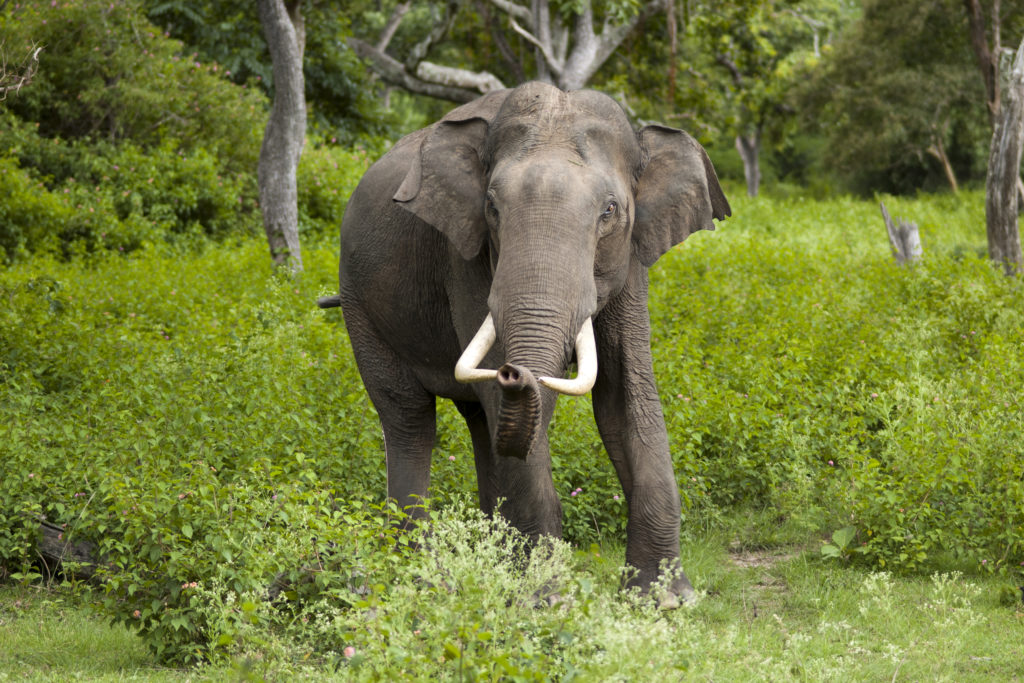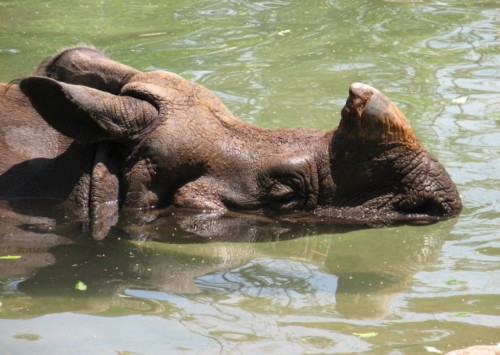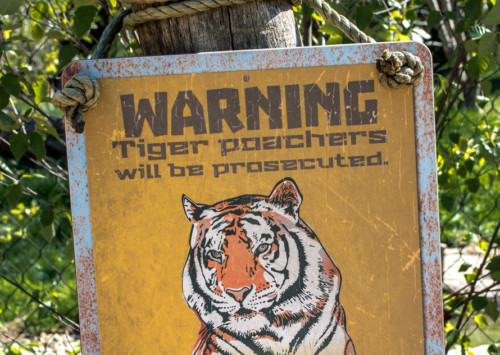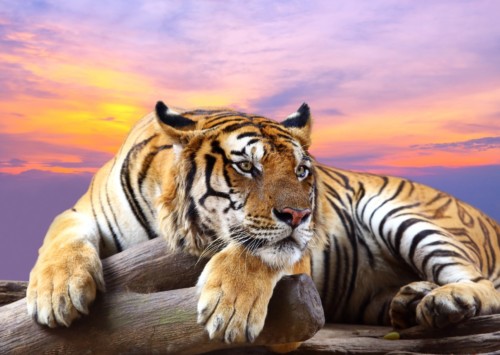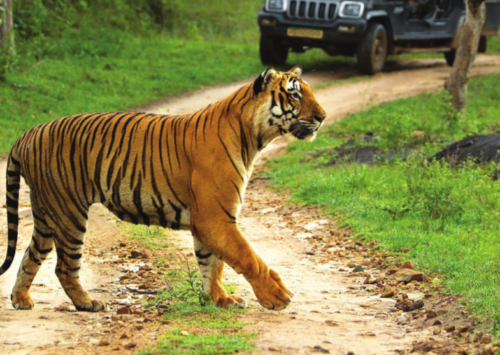Eradicating the elephants
Elephants are one of the most culturally and environmentally significant animals in the country. Yet, ceaseless poaching is pushing them closer and closer to annihilation.
When you think of Indian elephants, what is it that you imagine?
Is it the wild herd of mammoth descendants plodding along the trails of Terai region and the rolling Nilgiri Hills? Or is it the afraid screeching trumpets accompanied by the fall of harried tramping? Trapped, chased and slowly expiring. The latter, unfortunately has become a starker reality that most of us would expect.
Not too long ago, the Asian Elephant population was distributed evenly across India in around 14 states including, Gujarat and Punjab. In 1990, India had an estimated 19,500 wild elephants distributed across the aforementioned states with about 2,200 more living in captivity. According to recent reports, there are only 1,000 male elephants that remain. Currently, they are found only in four fragmentations across the country in north, central, south and north eastern India.
The elephant being given the highest priority protection via the Schedule I of the Wildlife (Protection) Act 1972 with fines starting at INR 25,000. Despite this, herds across the country are living in fear of shadowy men armed with rifles and high velocity rounds who are hunting them for their skin, their organs and their tusks. According to reports, about 68 elephants were poached in 2017 alone which is 47.82 pc over 2016 when the count was 46.
Trading elephant ivory
Ivory has become an invaluable commodity selling at prices ranging from USD 100 per kilo to as high as USD 1800 per kilo in the black market. Ivory is popular in the domestic market with some communities in the western states using it to craft jewellery or decorative ornaments. Ivory is also smuggled out to the far east to countries like Japan and China via Thailand, Singapore and Philippines. Tail hair is a popular commodity in the north eastern domestic black market while elephant meat is considered a delicacy in certain sections of the society.
The current poaching hotspots are spread across the elephant rich habitat of Western Ghats, spanning across the states of Karnataka, Tamil Nadu and Kerala, as well as in Orissa and Assam. It is also being speculated that some of the ivory in the market could be from privately owned or ‘captive’ elephants, which is equally illegal. In the case of captive elephants, the ivory is generally scrapped at the tip of the tusk, and it takes about a year to regrow, making it a steady source.
Elephants balancing the ecosystem
Elephants contribute immensely to the environment that they live in. They pull down trees and break up thorny bushes which creates grasslands and salt licks which makes other animals’ lives easier to survive in their environment. They also create water holes by digging in dry river beds. When elephants eat, they create gaps in the vegetation. These gaps allow new plants to grow and create pathways for other smaller animals to use. They are also one of the major ways in which trees disperse their seeds. Some species rely entirely upon elephants for seed dispersal. Eradicating them is and will continue to cause unprecedented harm to their habitat.
In a bid to protect the endangered species, the Federation of Indian Animal Protection Organisation (FIAPO) led by Bhavya Pande has started lobbying for elephants to be given personhood status by the state governments. “Elephants have several characteristics which make them autonomous and intelligent beings with high cognitive, emotional and social skills,” said Pande. That the personhood title would grant them more rights is true and animal activists across the country are keeping the movement alive.

